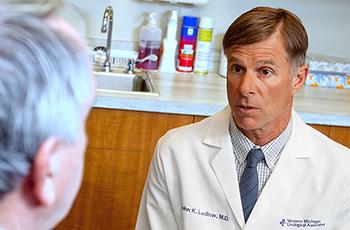Hooray—the holidays are here! While the season brings a lot of joy, it also ushers in plenty of food, and that can mean greater opportunity for acid reflux or heartburn.
While occasional heartburn isn’t something to worry about, frequent symptoms could signal a more serious problem known as gastroesophageal reflux disease (GERD) or acid reflux.
Before digging into how to prevent that post-meal “bonfire in your chest,” let’s take a quick look at the difference between heartburn and GERD:









